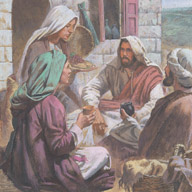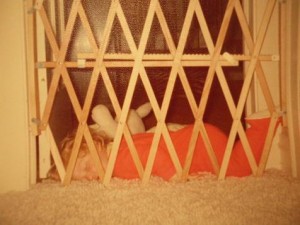 Last week as I looked over my online banking statement, a mysterious check number popped up with two digits more than my usual checks. When I clicked on the image, I didn’t recognize the company that had made the withdrawal…. or my signature.
Last week as I looked over my online banking statement, a mysterious check number popped up with two digits more than my usual checks. When I clicked on the image, I didn’t recognize the company that had made the withdrawal…. or my signature.
The next day I went to the bank and learned that someone had helped themselves to $29.95 from my account for an unusual reason: to subscribe to a porn web site. My gasp across the banker’s desk told her it wasn’t me.
“Someone got hold of your checking account number and our routing number and was able to sign up in cognito. He wanted to use an adult web site anonymously, and you paid for it.”
I was appalled.
None of us is safe from being hacked. Apparently even the most sophisticated web security systems are hackable, partly because those hired to set up security mechanisms can easily become the hackers later. In other words, they’re cyber-spies with bad intentions.
Whether you’re Home Depot, a megawatt celebrity, or the White House, your privacy can be compromised. If not today, then tomorrow. I used to think I didn’t have anything hackers would be interested in. Live and learn.
The world is full of evil intentions, and once in a while we become the bulls-eye on their target. But the opposite is also true: we can be the ones acting badly.
 None of us is completely purged of evil. For some it’s blatant (as with premeditated crime) and for others more subtle. But evil is evil in God’s opinion, and sin is sin. We’re all contaminated, and not one of us is any less guilty than another.
None of us is completely purged of evil. For some it’s blatant (as with premeditated crime) and for others more subtle. But evil is evil in God’s opinion, and sin is sin. We’re all contaminated, and not one of us is any less guilty than another.
This is a thorny issue, since most of us like to think of ourselves as “good.” After all, we give to such-and-such-a-need or donate time to this or that service project. But in the Lord’s view, I’m no better than the one who stole $29.95 from my account.
It isn’t good to think we’re good.
This is a hard truth to swallow, but once we do, it becomes natural to accept the fact that we need to be saved, and saved from what: our own sin. Thankfully, God knew all about it ahead of time and was prepared to rescue us. Even more amazing, his Son agreed to the plan.
As Thanksgiving approaches, this saving grace should surely be #1 on our list of reasons to be grateful.
As for my checking account, we spoke to a middle-man who’d been hired to handle billing, and after explaining our situation, he agreed to refund the $29.95.
“All have sinned…. and all are justified freely by his grace through the redemption that came through Christ Jesus.” (Romans 3:23-24)




